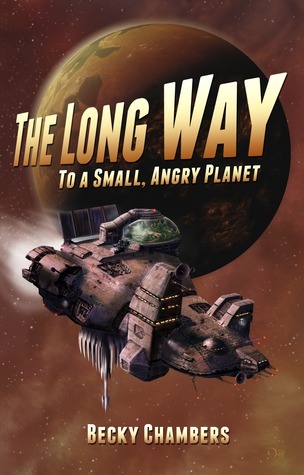
Typically I kick off my book reviews with a quick synopsis of the plot, the major characters, and a teaser into what to expect. This book, much like the others that Ms. Chambers has written, is different.
As someone who reads a whole hell of a lot of hard sci-fi as well as (probably) too much grimdark, there arises the need, sometimes, for palette cleansers: books that have impact, but don’t really provide a lot of stress on the reader while also remaining incredibly engaging. Kudos to Ms. Chambers for being a master of the genre.
The Long Way to a Small, Angry Planet starts out the story of Rosemary Harper. She’s a tad wrapped in intrigue, and, seemingly, attempting to escape a life into a new one of semi-anonymity. She joins the crew of the Wayfarer and gets thrown into a wildly unique, but calm group of crew members who also seem to operate as a defacto family while crazily boring wormholes through space to link distant planets to the galactic core.
Yes, all of the characters in this book are incredibly important, but I feel like it would be a disservice to the readers of this review to take away the small joy of being introduced to each one.
The thing I found most interesting about this book was the way each crew member deals with stressful situations and/or conflict. There are definitely some interesting quandaries in this book, and some very unique philosophies, politics, and moralities in play.
This is wildly simplistic, but I saw each little roadblock as a guided meditation. Every snapshot was going to have a nice little wrap-up, and a lesson learned. It’s just refreshing.
Now I’m on to book two in the series, and wondering if I maybe should space these out a bit to maximize the soothing effect.





















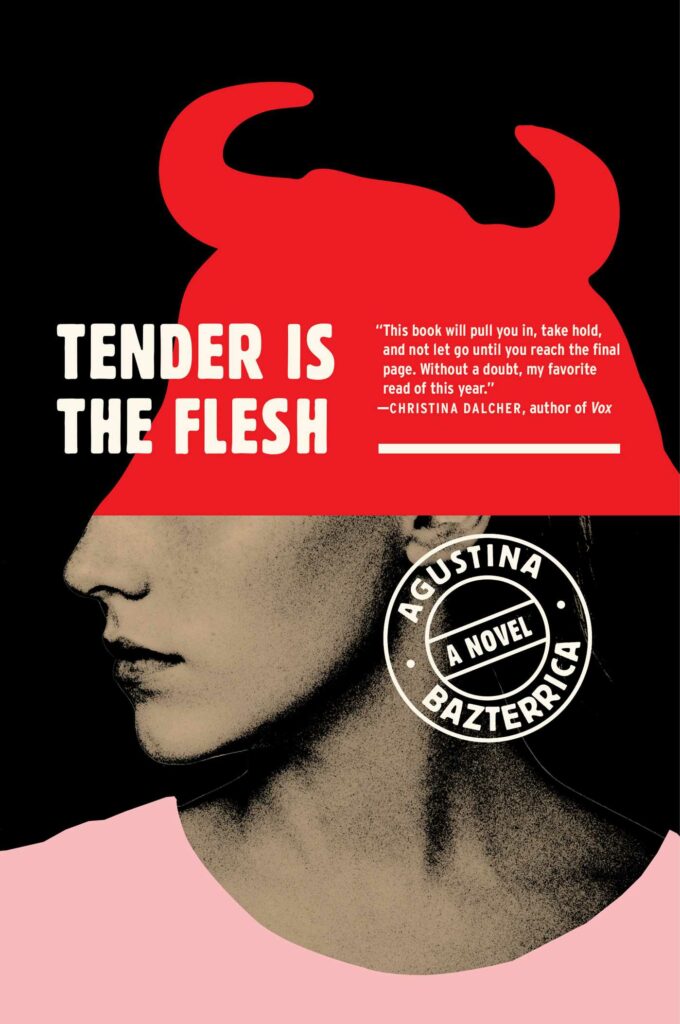
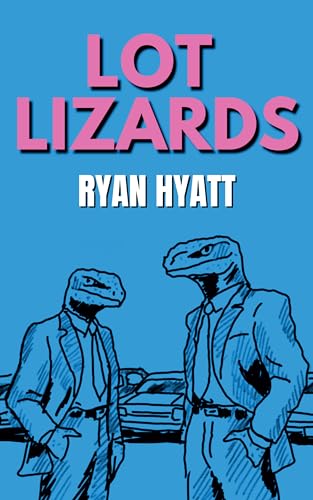
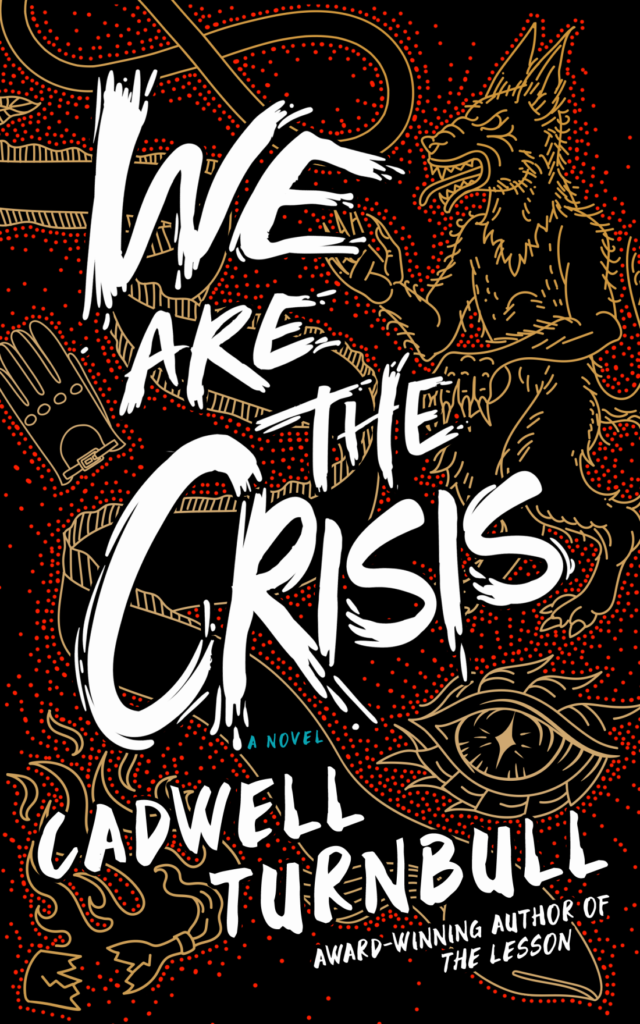
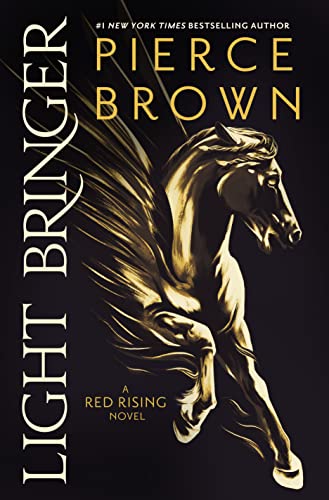





Recent Comments